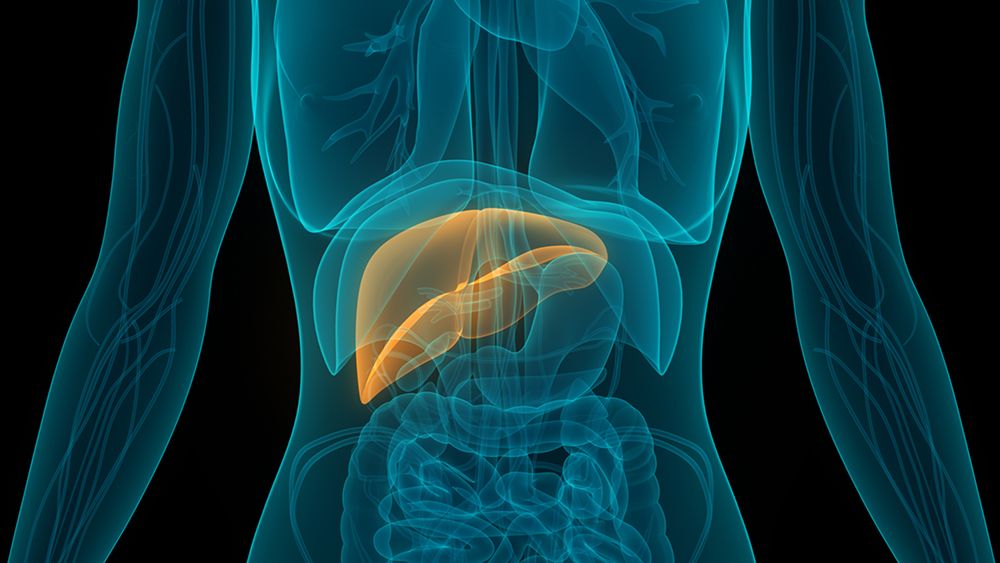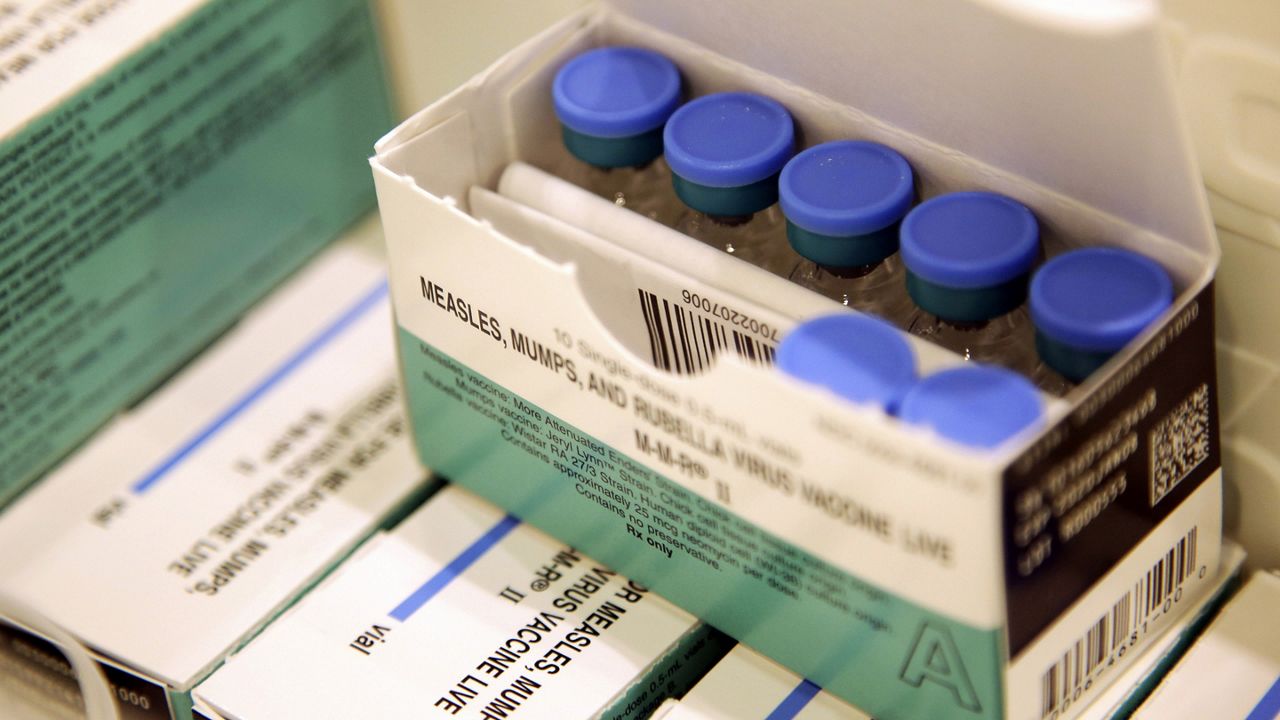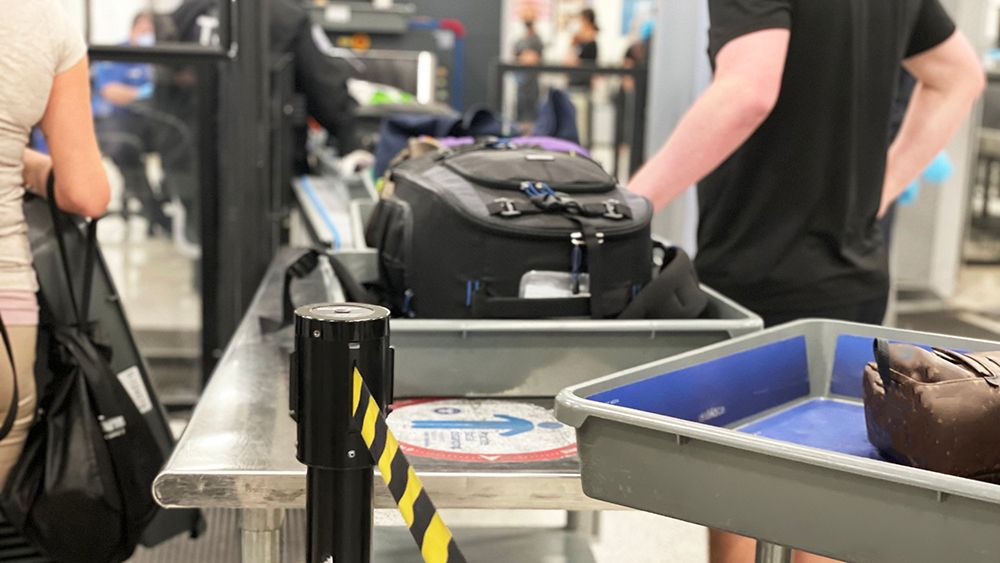HONOLULU — The Hawaii Department of Health recently released the “Hawaii Hepatitis B Mortality and Liver Cancer” report that analyzed mortality data from 2000 to 2020. Its findings point to higher rates of hepatitis B virus infection and liver cancer mortality in Hawaii compared to the rest of the nation.
A DOH news release noted the report was the first comprehensive analysis of hepatitis B and liver cancer deaths for Hawaii. Some of the critical findings include:
- Hawaii has one of the highest hepatitis B death rates nationwide - In 2019, the rate for Hawaii (1.17 per 100,000) was nearly three times the national rate (0.42 per 100,000).
- Asian and Pacific Islander residents in Hawaii had higher hepatitis B death rates - Rates for API residents were 1.2 to 1.4 times the rate of the state average. This finding was led by male Asian and Pacific Islander residents.
- Liver cancer death rates in Hawaii were consistently higher than the national average with Hawaii rates 1.1 to 1.8 times national rates.
“The findings of this report reiterate the importance of eliminating hepatitis B infection in Hawaii through increased screening and immunizations,” said State Health Director Dr. Kenneth Fink. “Deaths from hepatitis B are preventable, and we can reduce deaths statewide and improve health equity by ongoing commitment to culturally appropriate partnerships with the local Asian and Pacific Islander communities that are most affected.”
The report suggested the need for more complete data collection, analysis and reporting. It also recommended that hepatitis B prevention and treatment that includes immunizations, screening, care coordination, links to treatment and provider education should be scaled up.
According to HepFree Hawaii, a partnership of local, national and global organizations, the most common types of hepatitis in Hawaii are hepatitis A, B and C. Hepatitis B and C can become chronic, long-term infections that are the most common cause of liver cancer.
There is no cure for hepatitis B, but treatments are available to manage the disease, and there is a vaccine to prevent infection.
Though there is no vaccine to prevent hepatitis C infection, treatments are available to manage, and even cure hepatitis C for some individuals.
The public can access the “Hawaii Hepatitis B Mortality and Liver Cancer” report online. Visit the HepFree Hawaii website for testing and vaccination information.
Sarah Yamanaka covers events, environmental and community news for Spectrum News Hawaii. She can be reached at sarah.yamanaka@charter.com.









